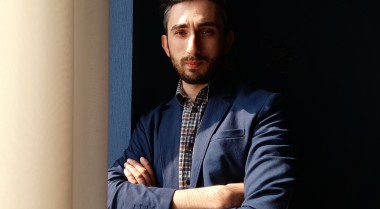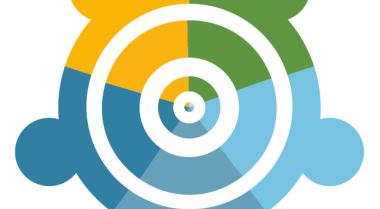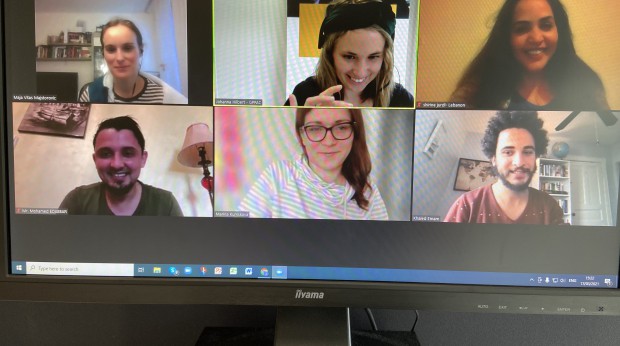
Young Peacebuilders at the Forefront of Multilateralism: Work with us, not for us
Today, we have decided to set aside all the challenges, barriers and setbacks to our work in conflict prevention and peacebuilding. Instead, we want to celebrate the global success in advancing unity and partnership.
We are very much aware of the problems that prevail. But we assure you, our wonderful, inspiring colleagues around the world are working day-in-day-out to address them. We believe that sometimes, you have to take a step back and reflect on how far you have come. Because what better way is there to get new energy and the enthusiasm to keep on going?
At the global level, we have witnessed processes become more participatory and inclusive. A prime example is the 2020 Peacebuilding Architecture Review, which allowed civil society, women peacebuilders and young people to participate in the global conversation review process.
And then there are the UN System-wide Community Engagement Guidelines which were launched in January 2021. They provide a fantastic roadmap for UN actors to develop partnerships with community members, starting with the most innovative and critical custodians of peace - young peacebuilders!
This shift to include more young men and women in the global space should be applauded for two reasons. First of all, it is symbolic. Seeing more and more young people in global policy spaces normalises youth engagement. Second, it is an opportunity to channel our experience and expertise into decision-making and encourage policymakers to engage in dialogue.
We see incredible things happen when our friends and colleagues work in their communities. For instance, there is Khaled from Egypt with an infectious grin. Together with his friend Mohamed, he set up the Libyan National Forum on Youth Peace and Security because they want young people to own and shape the peace process in their country. And there is Zurab from Georgia, who as a 12-year old pulled out a history book from his grandfather’s bookshelf, and since that day is passionate about history and conflict. He is part of the Club of Young Historians, which discusses and challenges national historic narratives in search of a shared history in the South Caucasus.
Imagine what Khaled, and Zurab and so many other passionate young peacebuilders could do with more financial and political support.
Imagine young men and women shaping the international multilateral system.
So on this International Day of Multilateralism, we invite you to join us in taking a moment to celebrate the multilateral system’s progress in supporting the engagement of young peacebuilders in decisions that affect them.
We invite everyone to learn from young peacebuilders and to dare to dream big. We call on you to not be afraid to try out new things - together with us.
This means continuously engaging with young peacebuilders, supporting their work and sustaining peace with them. Imagine the sheer impact of change, all young people in the Libyan National Forum on Youth, Peace and Security in Libya or the club of young historians in the South Caucasus could bring about.
It also means recognizing that young people’s participation is not diverse and inclusive enough. We should ask ourselves every day - where are our young colleagues who do not speak English as their first language? Where are our fellow changemakers from the most remote areas or those who suffer frequent electricity cuts? It’s them we still need to invite and include in all of our efforts.
We, at the Global Partnership for the Prevention of Armed Conflict (GPPAC), passionately believe that only together can we make this world a peaceful, sustainable and inclusive place. Trust us when we say that seizing the opportunity to meaningfully include young people will help us build back better.


